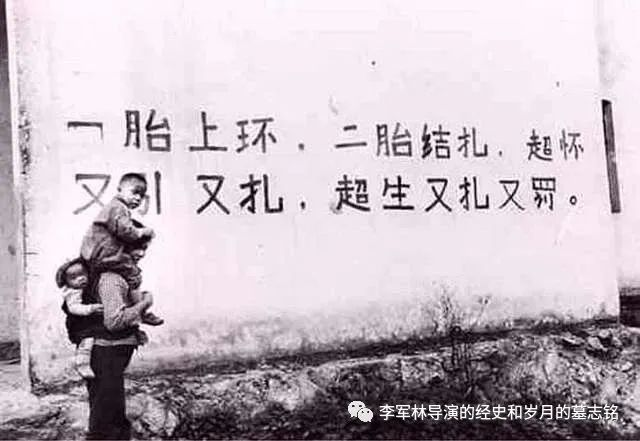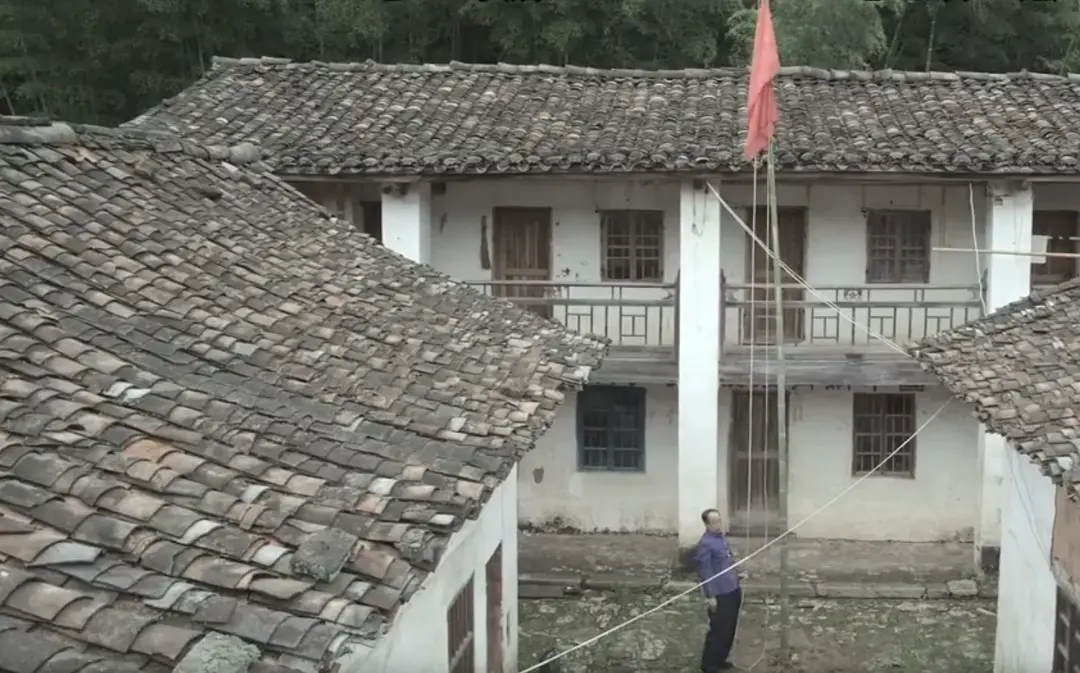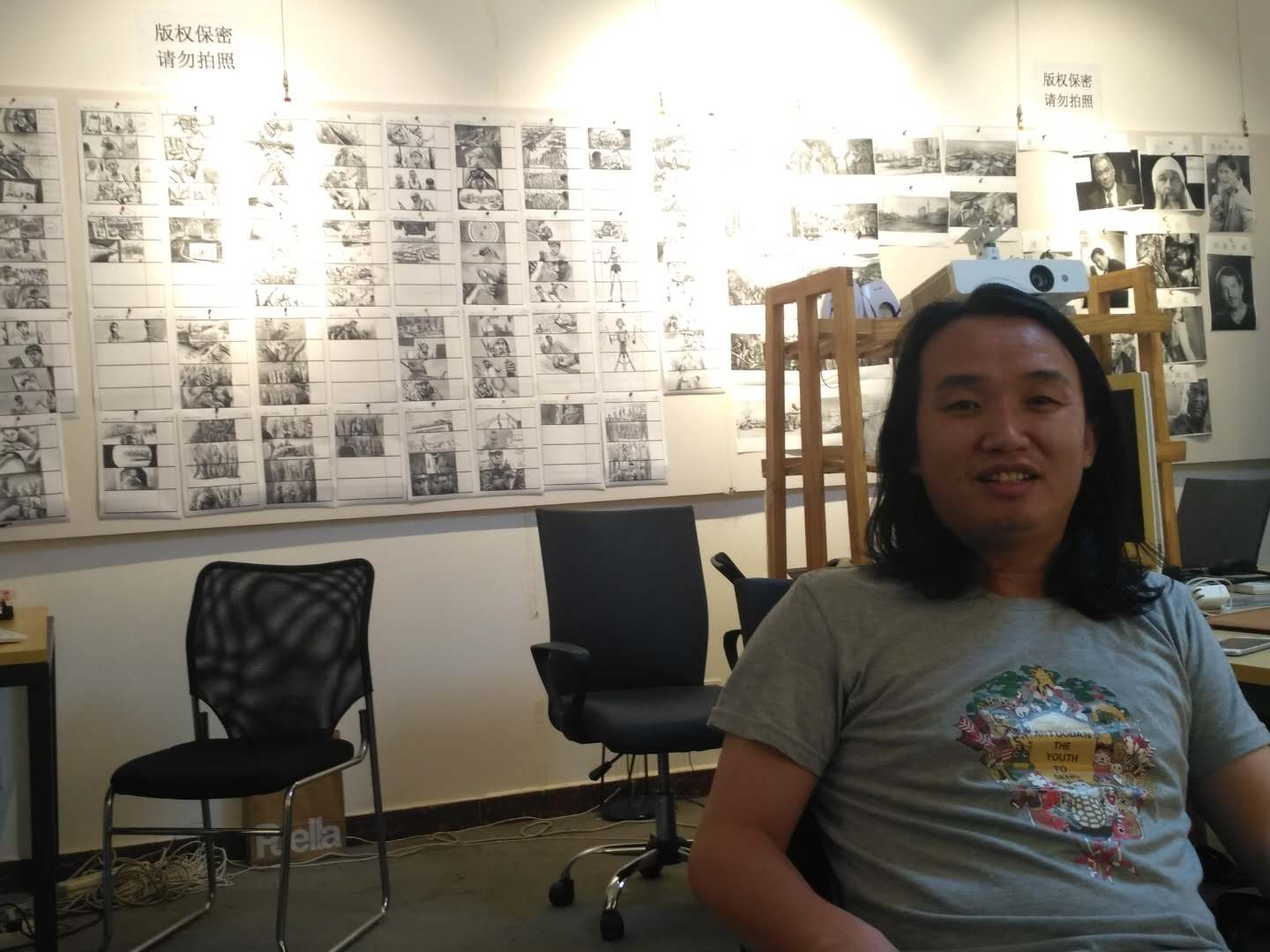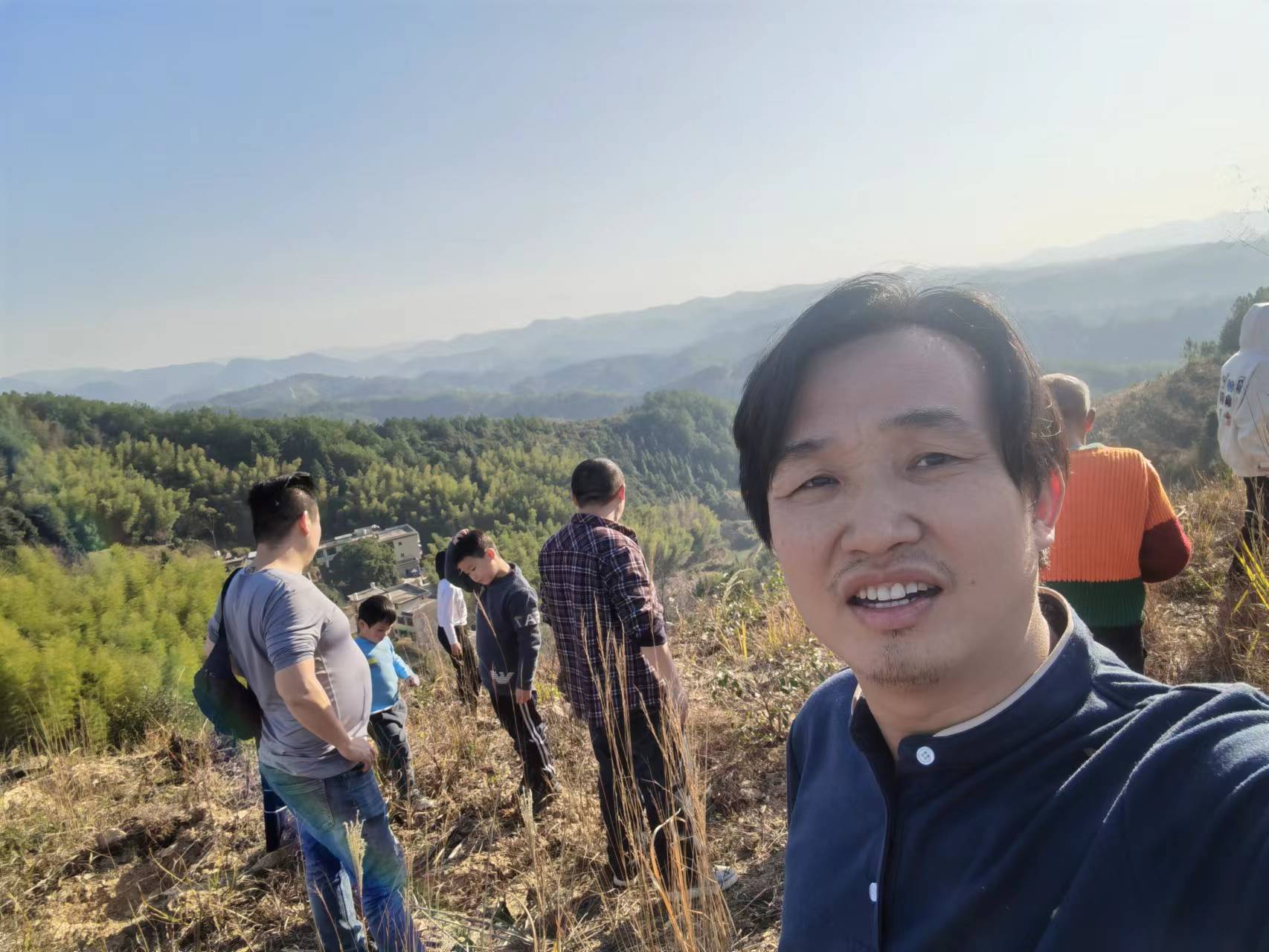
Memories of Family Planning
Li Junlin
(1)
As middle age approaches, many things are forgotten, and I am willing to forget as well. But some memories are hard to let go of, those mottled memories stained with blood, always come back in the quiet of the night, bringing a long and sorrowful lament from a distant place…
I deeply understand that the murmurs of time’s blood will pale when poured into words. I try to piece together the fragments of memory into memorial tablets on the altar, to mourn those brothers and sisters who never had a chance to be born but died, as well as the mothers of a generation who endured great suffering but had no way to express their cries.
I strive to recollect those true pasts with a calm emotion.
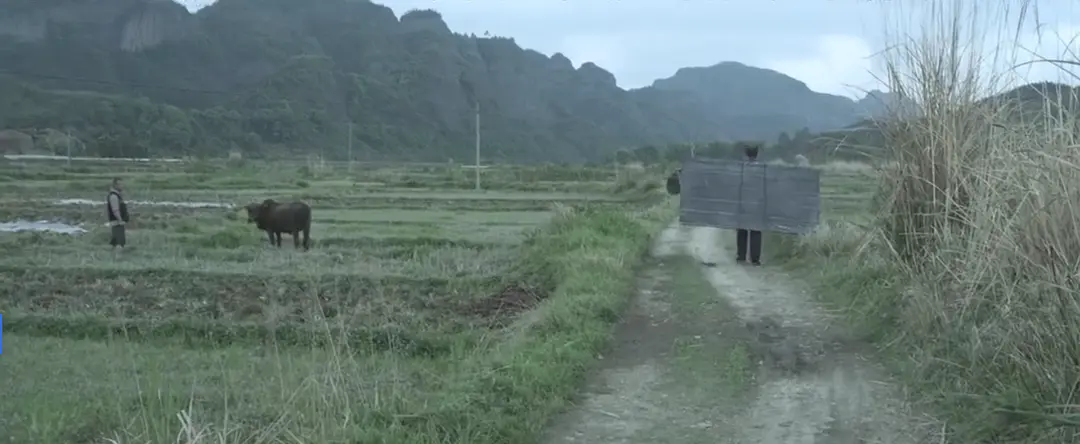
In the past, rural women of our mother’s generation were most afraid to hear the words “family planning is here!” “Family planning is here”… Nowadays, just hearing these words makes many women shudder with fear.
Chinese people have a preference for having sons and often have a second, third, fourth, or even more children… My mother gave birth to four sons, and in my memory, our family was a key target of family planning…
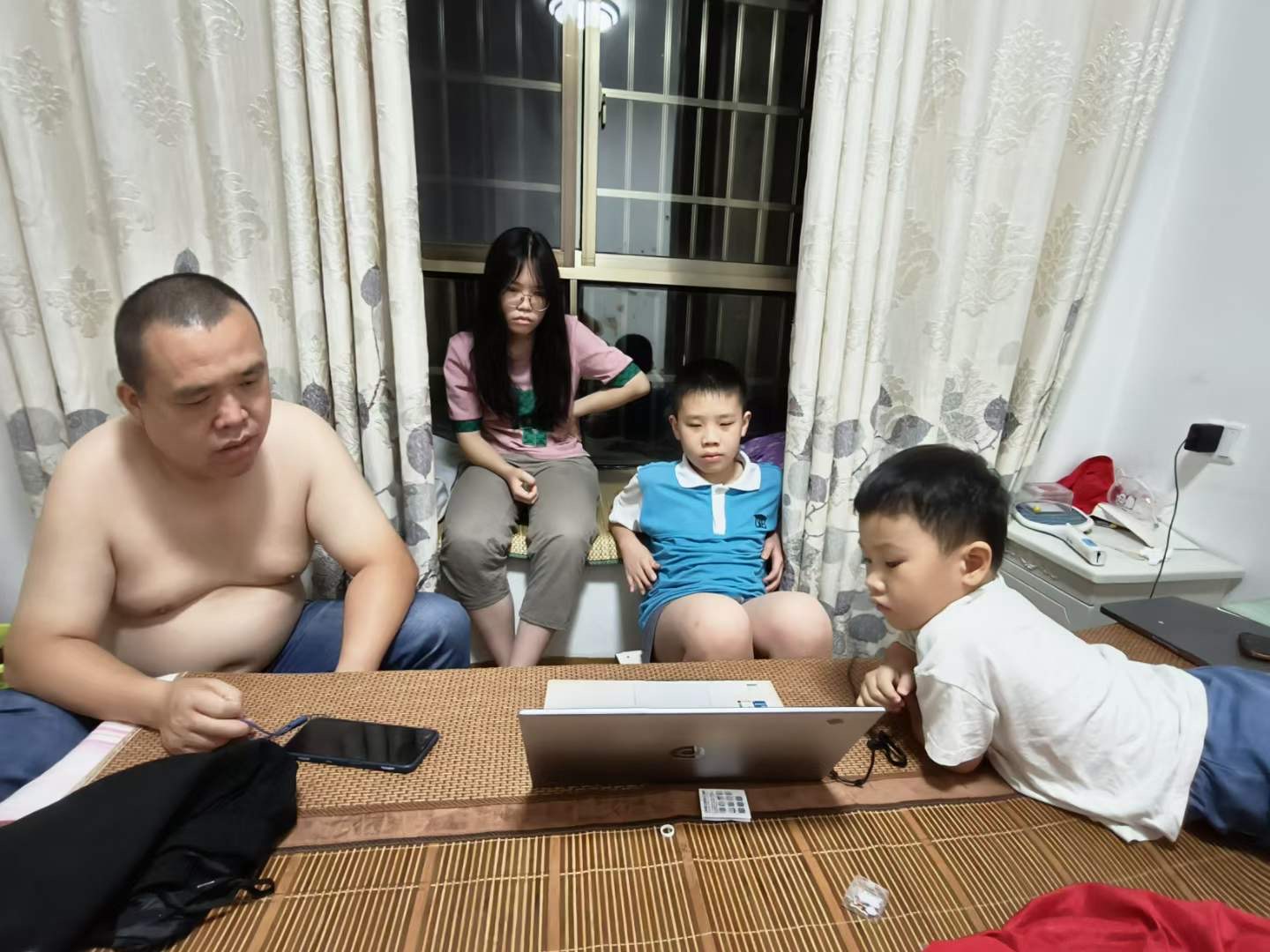
Several younger generations are watching the movie “Red Chili” filmed by their uncle.
The family planning working groups from higher levels usually consisted of district, township, and village officials, sometimes led by officials from the county family planning office, totaling up to twenty or thirty people. Back then, many rural areas had no paved roads, and they traveled along mountain paths and field trails. A group of twenty or thirty people was quite imposing, especially for secluded mountain villages, which were greatly intimidated, and everyone was terrified when they arrived…
In my memory, the group of twenty or thirty people had clear hierarchies. County and district officials naturally played the role of “inspectors,” and the township officials below were very enthusiastic because they had to please the county and district officials to prove their efforts in family planning work…
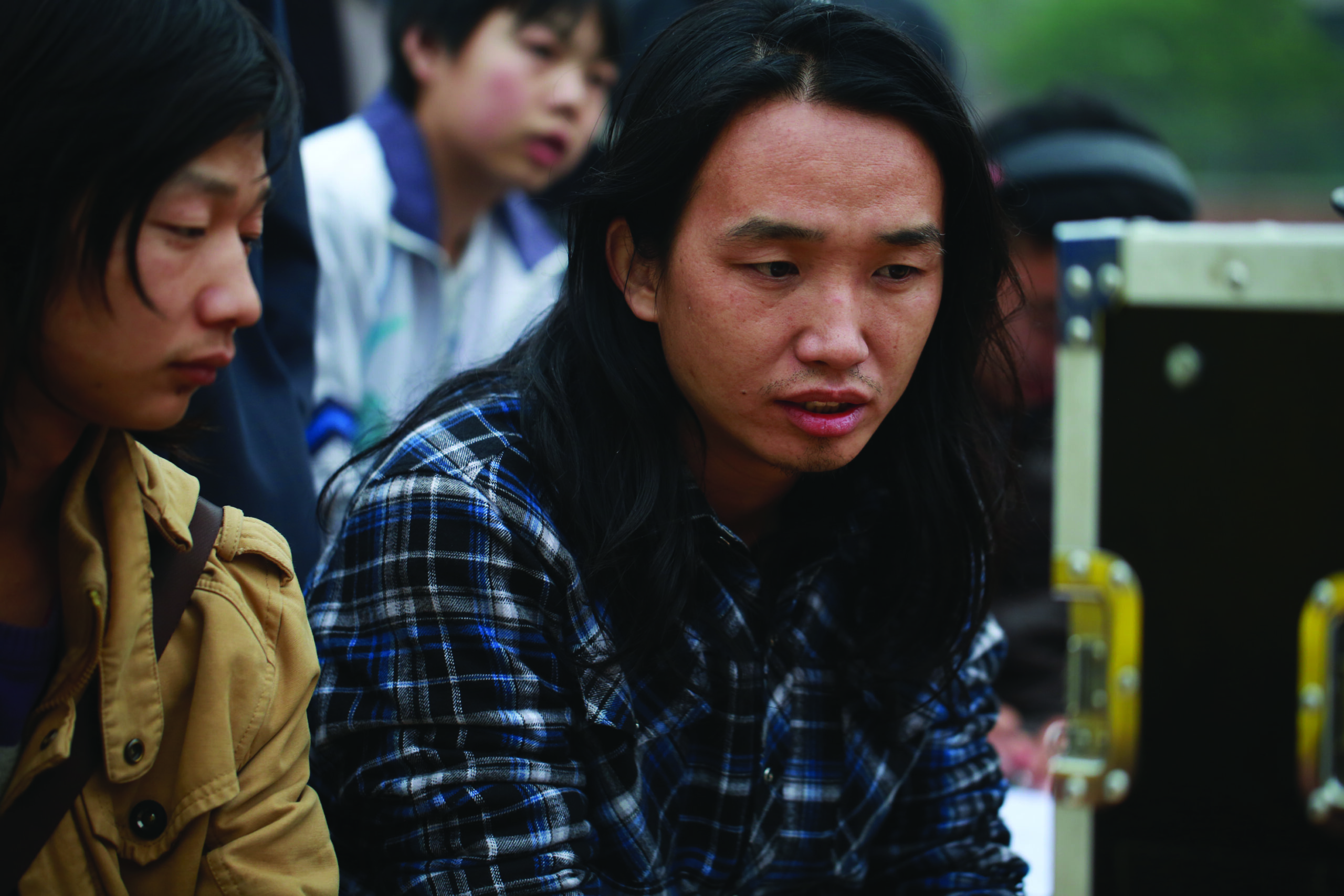
As for the village officials, they naturally faced more difficulties. Unlike the township, district, and county officials who could finish their family planning work and leave, the village officials had to continue living in the village, facing everyone every day. They had to interact with the villagers and couldn’t just leave after finishing their duties. The village officials were caught in a dilemma, needing to show their dedication while also taking into account the villagers’ feelings, trying to appear as if they were merely following orders, and even giving the villagers prior notice…
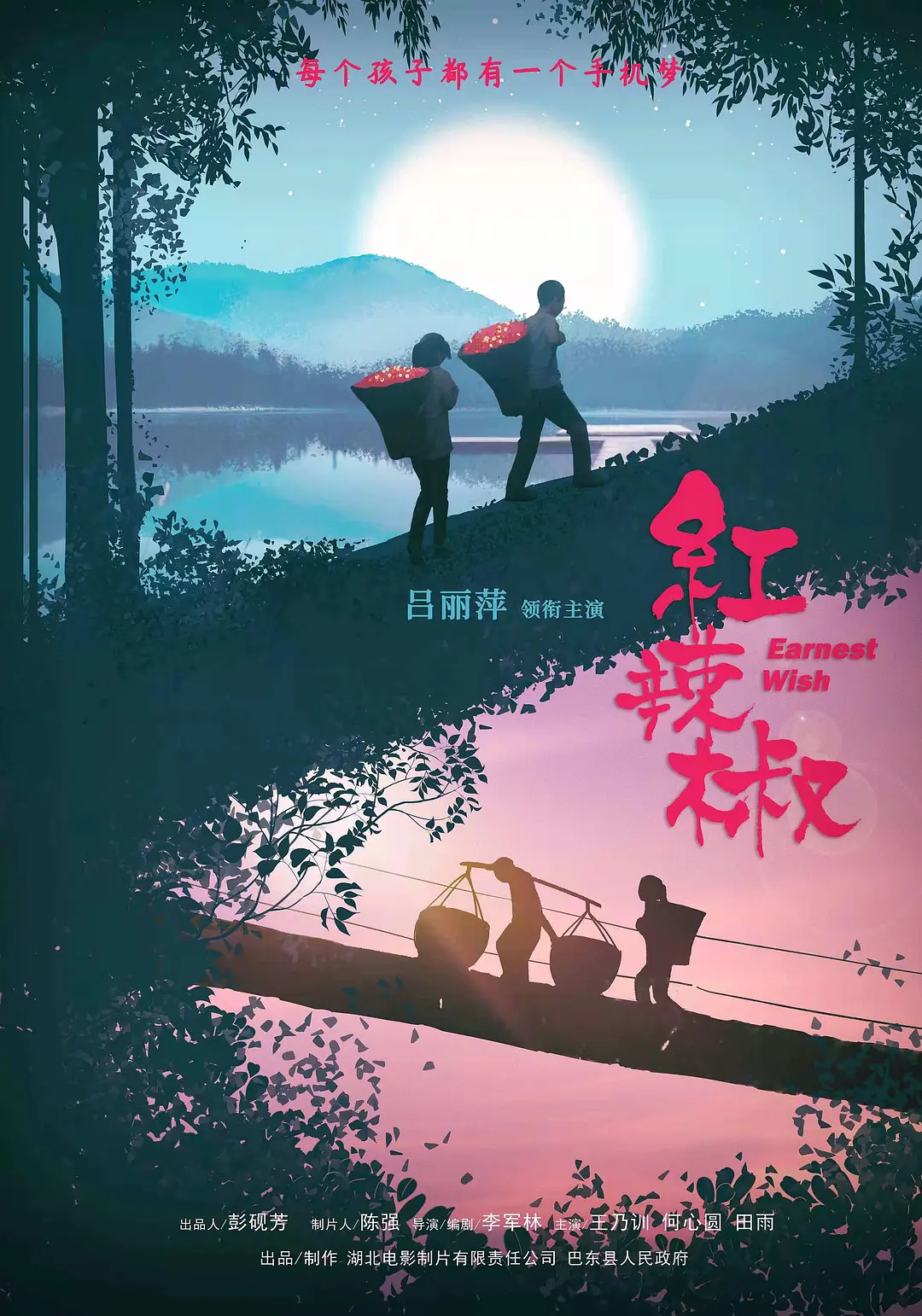
However, back then, there were no cell phones, so they couldn’t make calls. The higher-level officials also knew that the village officials might inform the villagers in advance, so they would conduct surprise attacks, suddenly bringing a group of twenty or thirty people to the village. The village officials had no choice but to greet them with a smile and lead the group into the village…
In the past, family planning officials would often bring around ten strong and unknown men with them. These men were responsible for physical labor, such as herding cattle, carrying trees, and transporting grain from the warehouses of families who exceeded the child limit. These tasks required specialized individuals to handle them. Even more excessive was their practice of removing roof tiles from people’s houses, dismantling beams and doors, or forcibly taking away heavily pregnant women to terminate pregnancies. Of course, these ten strong men also served as a deterrent to prevent the male members of the exceeding families from retaliating against the officials.
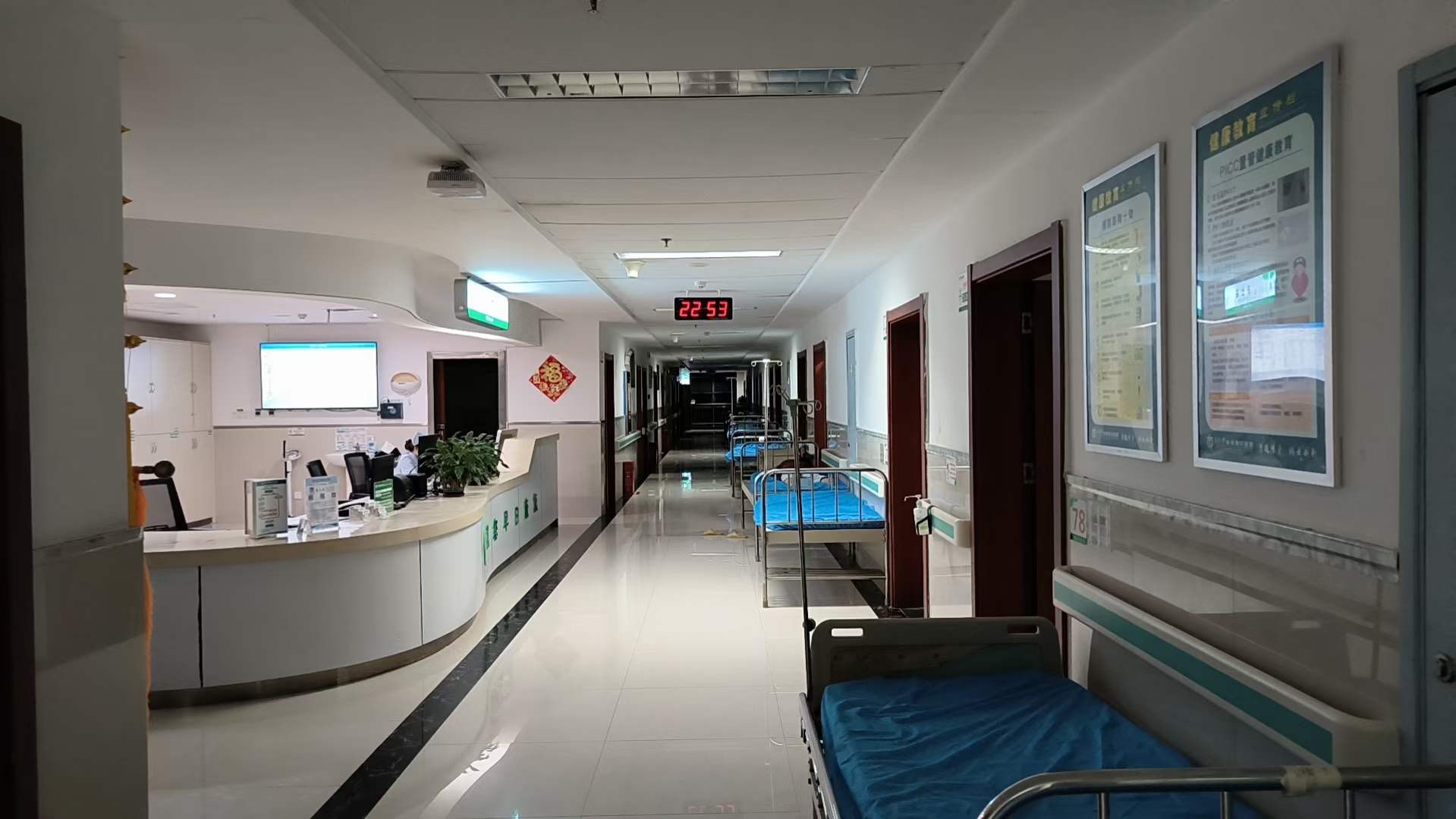
Thus, the essence of family planning lies in this act of “implementation.” How to “implement,” who will do the “implementation,” who will be “implemented,” the extent of the “implementation,” how long it will last, and what comes after the “implementation” are all lifelong pursuits for family planning officials.
I still remember the attire of these family planning officials. Most of them wore white short-sleeved shirts or higher-grade silk white shirts, sheer stockings, and dark sandals. They wore pale yellow straw hats with a band stained black from sweat… The male officials’ combination of sandals and stockings felt like the uniform of that era…
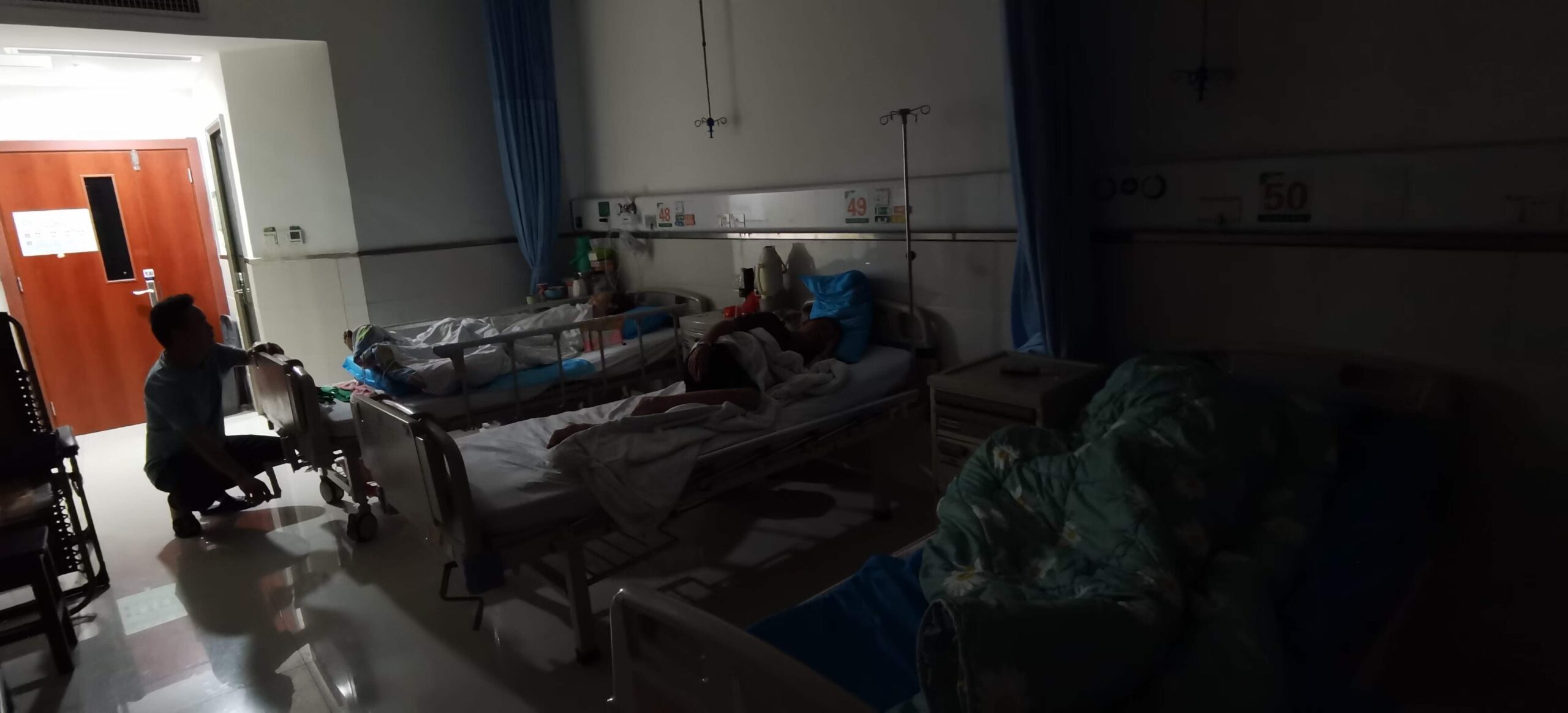
They usually traveled in groups of twenty or thirty people, and as they passed through villages along the way, they would elicit sighs of lament from farmers working in the fields: “Which family is going to be unlucky this time…”
My grandfather was a shepherd, and I followed him and became a little shepherd boy. Sometimes, on the mountains, we could see a group of people in white coming along the winding paths.

My grandfather would say, “Junlin, hurry back and inform XX, the family planning people are here.” At that time, as a rural boy, I didn’t even wear a shirt in the summer, just a pair of shorts. I would run like the wind on the mountain roads and through the bushes, fast enough to catch up with other kids from the village school. When I returned to the village and told the aunties about the family planning officials’ arrival, they would drop their farm work and hide in the woods and bushes on the mountainside. Sometimes, even those expecting their first child would hide to keep their second or third pregnancy a secret…
When the imposing family planning team arrived in the village, they couldn’t see any young women; only grandmothers were around. The male heads of exceeding families would also hide, not wanting to face fines and interrogations…
As “Wang Er Xiao” (a nickname for me), I rushed through the narrow paths and thick bushes, my upper body exposed and my flesh torn by thorny branches, but seeing these officials miss their targets filled me with joy…

My childhood path where I used to shepherd in my hometown
Naturally, the family planning officials who missed their targets would be infuriated. After all, with so many people coming, they couldn’t return empty-handed. They would kick open the doors of the exceeding families’ houses. Generally, these families wouldn’t have anything valuable, so the officials would take their cattle, grain from the warehouse, roof tiles, doors, and windows (the tiles and doors weren’t valuable, but damaging them served as a show of force to the exceeding families). As these officials walked away with their loot, they would be met with a chorus of curses from the villagers. The language used was harsh, and the lowest-ranking member of the family planning team, usually a village cadre, would bear the brunt of the villagers’ wrath. Everyone knew the village cadres and their families, their background, and who their ancestors were. The village cadres would have to face these exceeding families even after the incident.
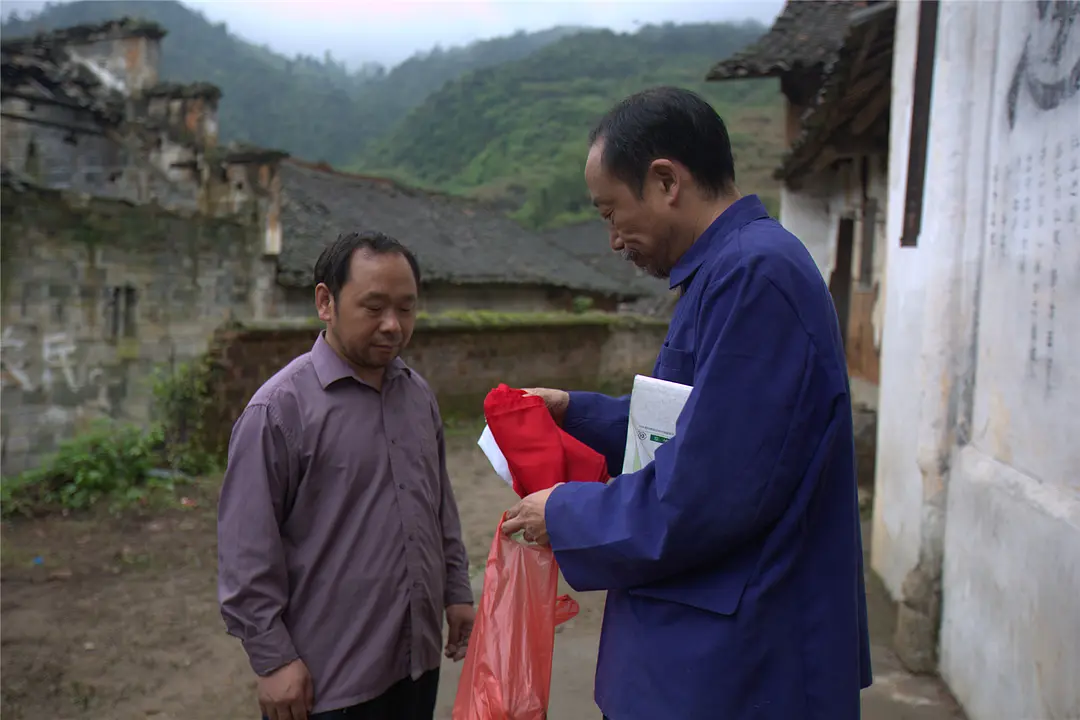
The villagers often cursed the family planning cadres. Whenever something went wrong in their families, they would say, “It’s because the family planning cadres were too ruthless back then.” They believed that the repercussions had fallen on their descendants. Of course, many village cadres were doing quite well, but such visions of retribution were prevalent among the poor common folks.
Many years have passed, but I still remember the appearance of those officials. Just like the blood that oozed from the wounds inflicted by the thorns on my body, I can still smell the metallic scent of the blood…
After I left my hometown and lived in other places, it was my turn to have children. Suddenly, there were propaganda campaigns everywhere, saying that we didn’t have enough children and that we should hurry up and have more…
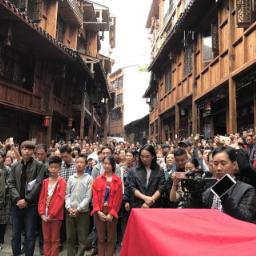
(2)
“Don’t tell anyone that you have three younger brothers,” my grandmother often cautioned me when I was young.
I was born in 1979. At that time, my parents were very simple-minded. Influenced by the propaganda of “having one child is the best,” they even obtained a “Certificate of Only Child” for me. Under the long-term influence of the idea that having multiple children would bring good fortune and after experiencing the recent campaign of “strength in numbers,” obtaining the “Certificate of Only Child” was considered a rare “enlightenment.” The government even rewarded my family with 5 yuan for this certificate.
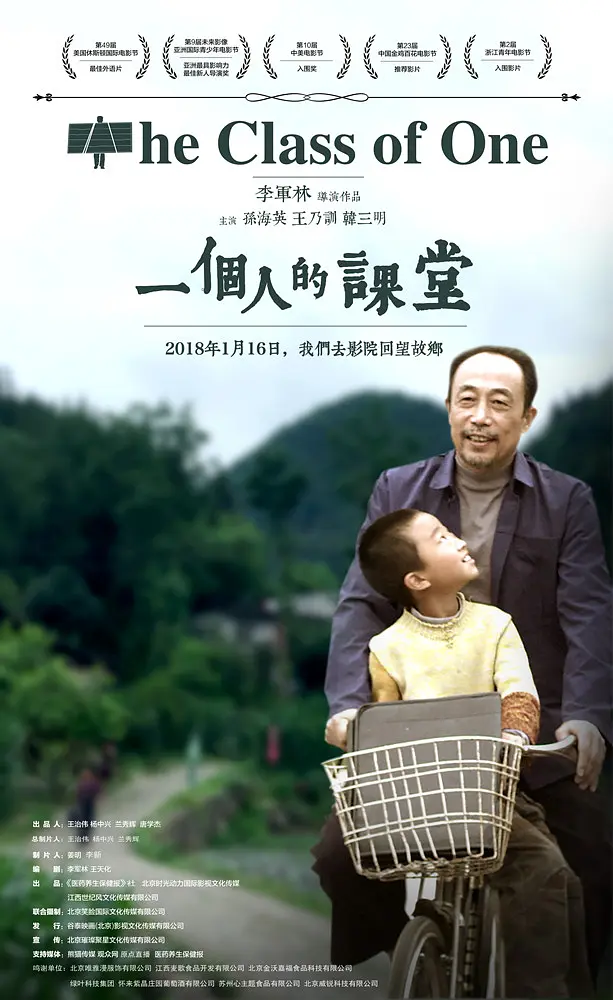
Soon, my parents changed their minds under the pressure from my grandparents. Other families had already had several children, so why could they only have one? Besides, I was often sick as a child and was frequently rushed to the local barefoot doctor for intravenous injections in the middle of the night. My family was worried that I might not survive, so they quickly had another child. When I was three years old, my mother gave birth to my older brother.
Having two sons was naturally a cause for celebration. That was in 1981, and my older brother was fined 200 yuan for exceeding the child limit. The family planning officials naturally came when they heard the news. They were still dressed in white shirts, with silk stockings and sandals. They came to collect the fine, and if the payment was made voluntarily in cash, there would be an 80% discount. So my older brother paid 160 yuan in actual cash. In the rural areas of 1981, this was a considerable amount. Pork was priced at 1 yuan per pound, so the 160 pounds of pork exchanged for a younger brother made the family feel that it was worth it, despite the curses they received.
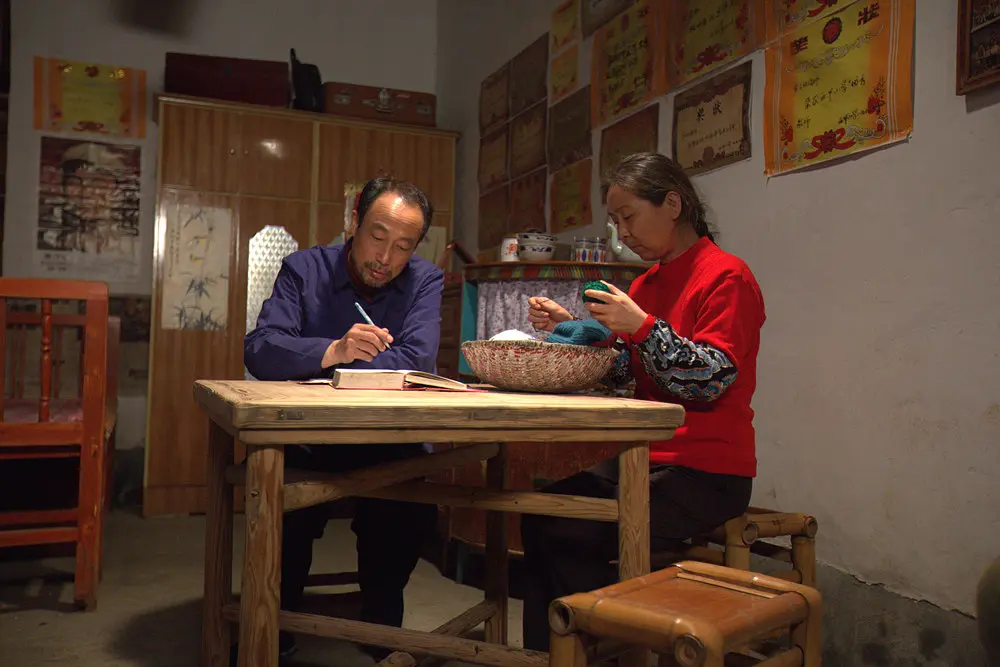
My younger brother, who was born in violation of the family planning policy, was fined and not welcomed by the government. However, my grandmother was delighted. She took care of our bathing activities in the evening and watched us run around naked in the courtyard. The sight of our little genitals swinging in the wind symbolized the glory of generations and the promising future of our family. We were her precious grandsons, worth more than gold.
Soon after, my grandmother urged my mother to have another child, saying, “One more child means one more pair of chopsticks. I’ll take care of the child.” In the eyes of the elderly, grandsons were a source of endless joy.
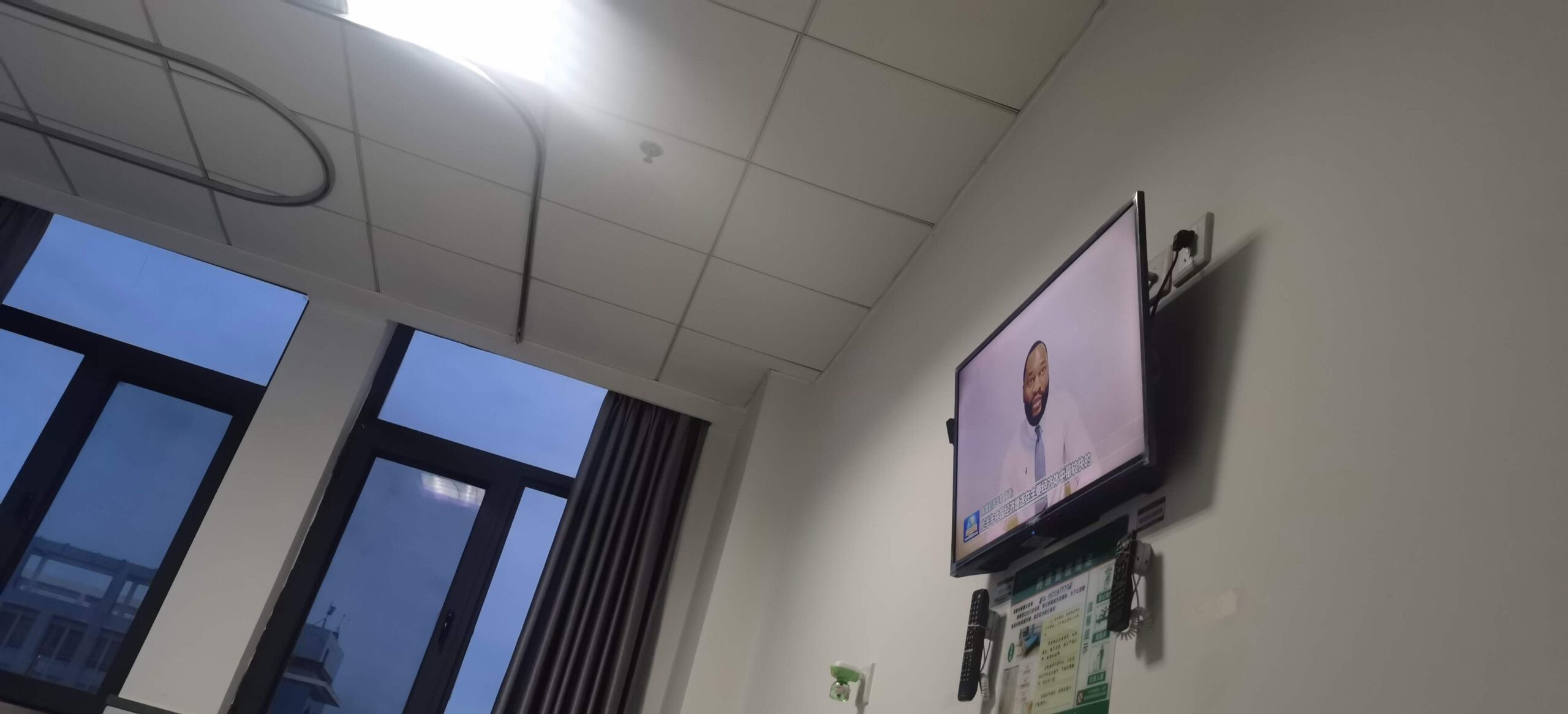
My mother thought having two grandsons was enough, but when she showed signs of pregnancy again, the family couldn’t stay in one place. They knew that if they were discovered, the family planning officials would come knocking on the door.
To avoid trouble, my mother had to return to her hometown. My maternal grandparents lived in a neighboring county, 50 miles away from our home, and there was no paved road. Traveling 50 miles was already considered a long journey.
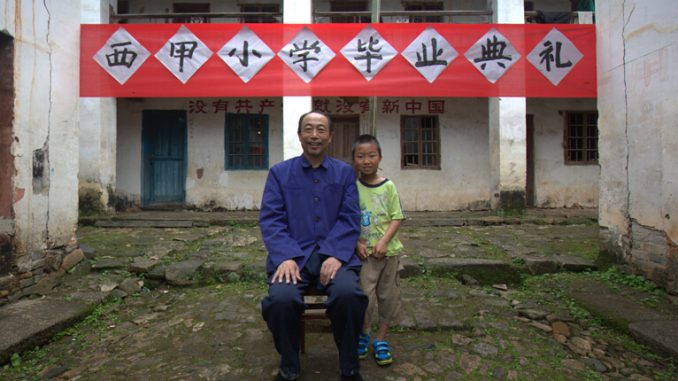
My grandmother told us, her grandsons, that our mother had gone to work in Guangdong, and I had been eagerly awaiting her return. People suspected that my mother had gone into hiding to evade the family planning policy and would ask me and my younger brother, “Where did your mother go?” We innocently replied, “My mother went to work,” as we were instructed to do. My mother had no choice but to stay inside my maternal grandparents’ house, avoiding being seen by others; otherwise, she would be taken away and forced to undergo an abortion.
After a long time, my father took us to my maternal grandparents’ house, and I was surprised to find my mother there. I had believed all along that she had gone to work.
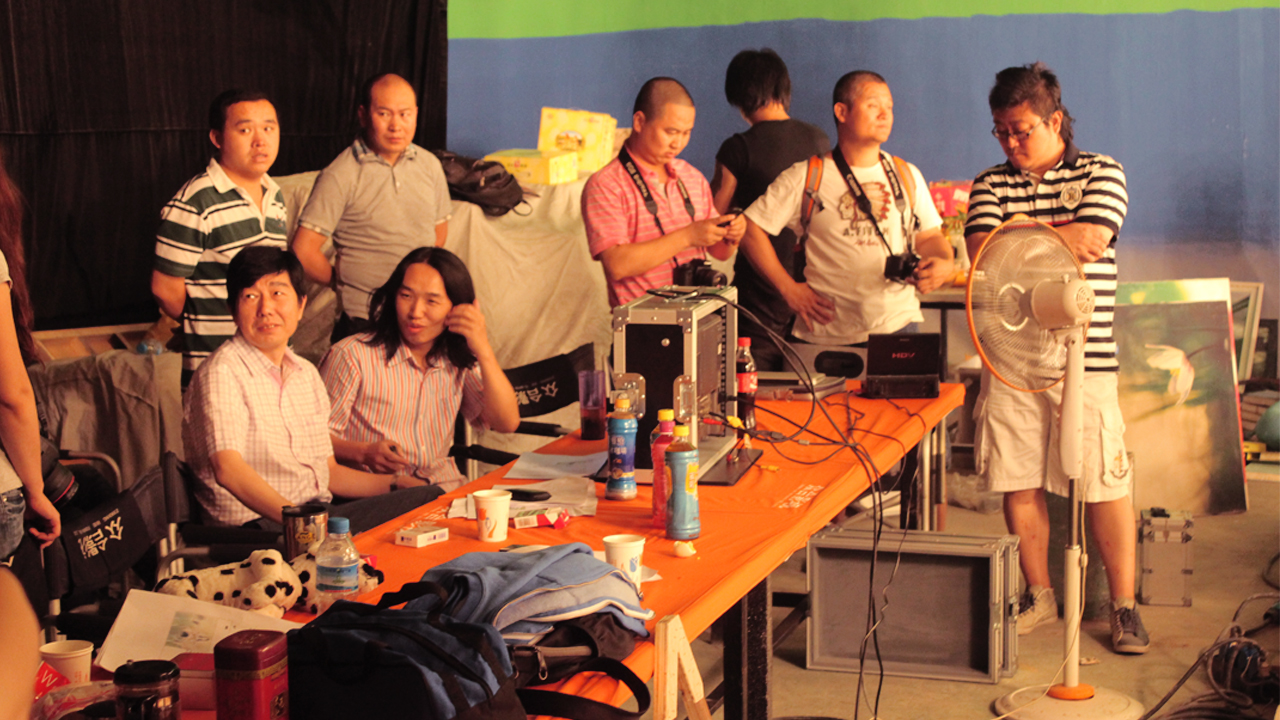
Soon, my mother gave birth to my third brother, another boy, which made my maternal grandparents ecstatic. I still remember the scene when my younger brother was born. It was after my aunt and I returned from watching a movie in a neighboring village. My mother was in pain, and my grandfather was preparing hot water for the delivery. It was a difficult birth, and my grandfather even fired a few shots in the air with a blunderbuss at the doorstep to ward off evil spirits.
My mother, being my grandfather’s eldest daughter, had given birth to three grandsons, which brought immense joy. My father and I happily went to share the good news with my grandparents. My grandmother was overjoyed to hear about another grandson and instructed us, “Don’t mention outside that your mother has given birth to another brother. Otherwise, the family planning officials will come to raid the house.”
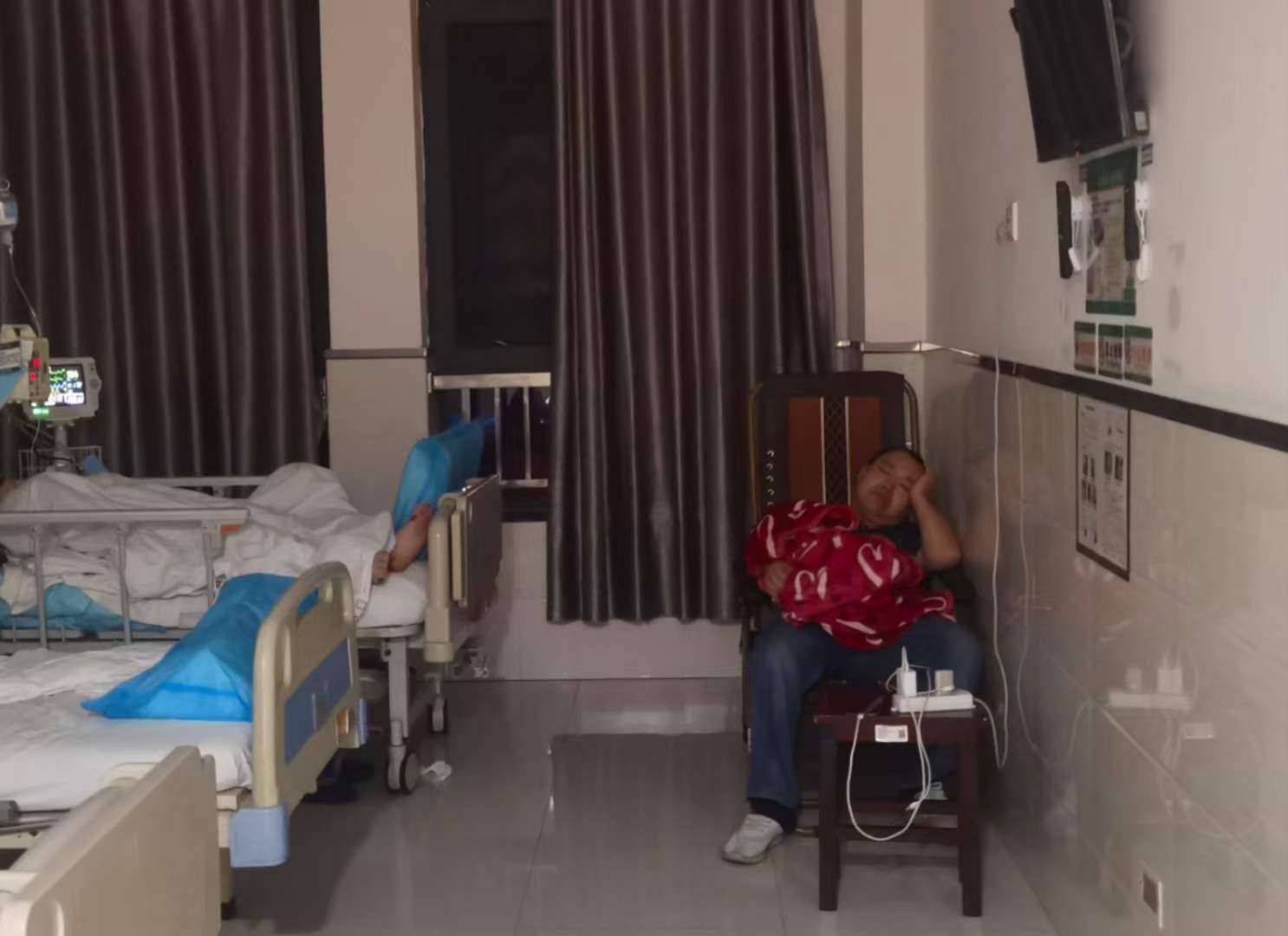
The immense fear of a raid made me keep my mouth shut, and I couldn’t disclose anything to anyone. This distrust and fear lingered in my childhood memories for a long time. It was almost a year before my mother dared to bring my youngest brother back home.
When we returned home, the family planning officials came knocking on our door again. Since the child was already born, they couldn’t do much except impose a fine. They demanded a 400 yuan fine, twice the amount of the previous fine for my older brother. I still remember the scene, with over twenty people, and if they didn’t pay the fine, they would take away belongings. After some bargaining and assurances, the fine was reduced to 320 yuan. Back then, 320 yuan was the equivalent of the cost of two pigs in the rural areas, which was a significant amount. I remember that it took a long time to gather enough money from relatives to pay the fine.
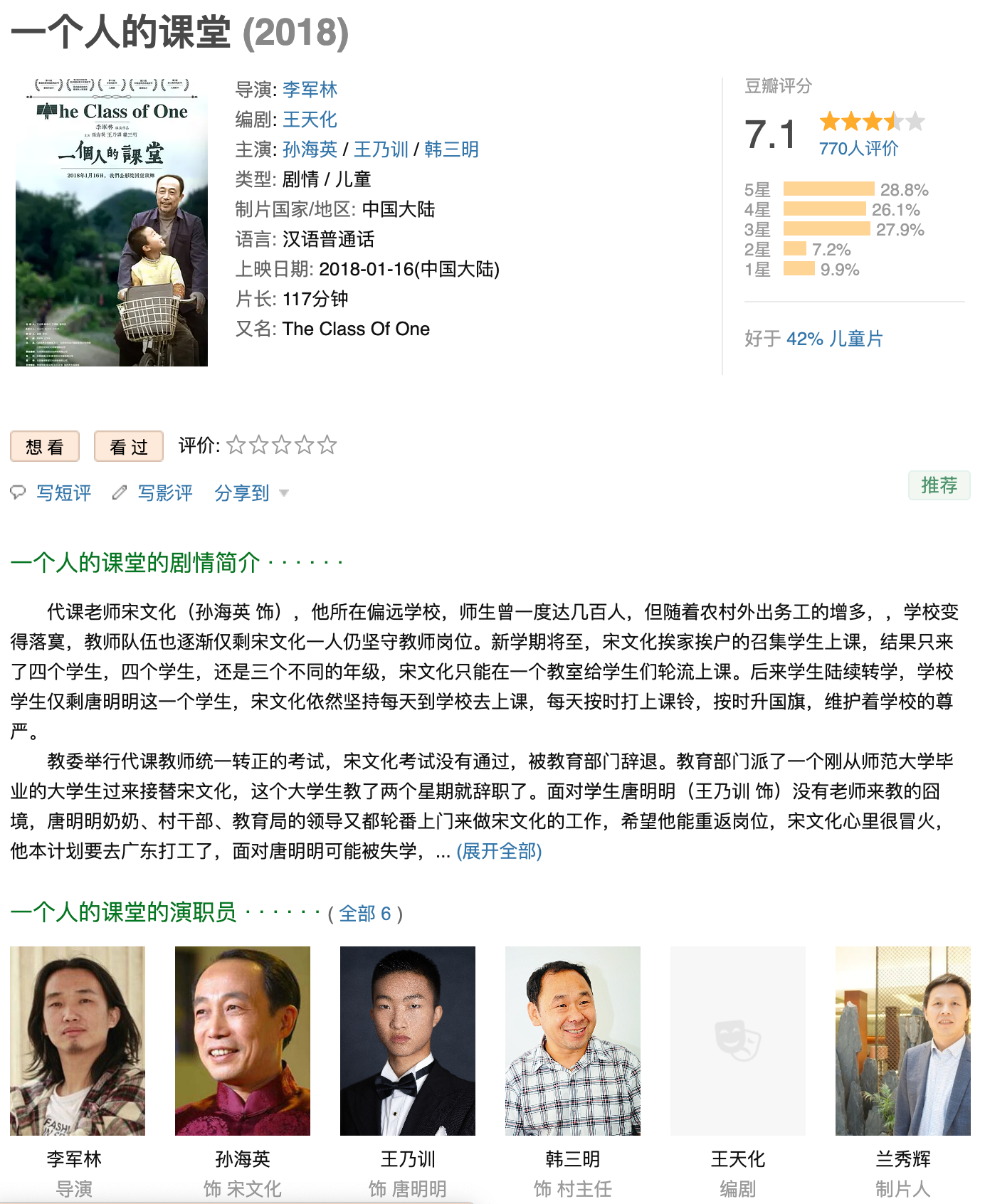
The joy of having three sons in the family quickly overshadowed the pain of the fine, and it was soon forgotten.
My mother gave birth to a fourth son not long after, and the family planning officials became more relentless, like facing a formidable enemy. With no other options, our family had to give away the youngest brother to be raised by someone else, leading to a painful separation.
These spine-chilling memories are something only the Jewish people can understand when they hear the phrase, “The family planning officials are coming.” Many years later, when my four brothers and I are together, I often tell them, “Look at the three of you, the country really doesn’t like you! Thanks to Mom’s persistent efforts to evade them.”
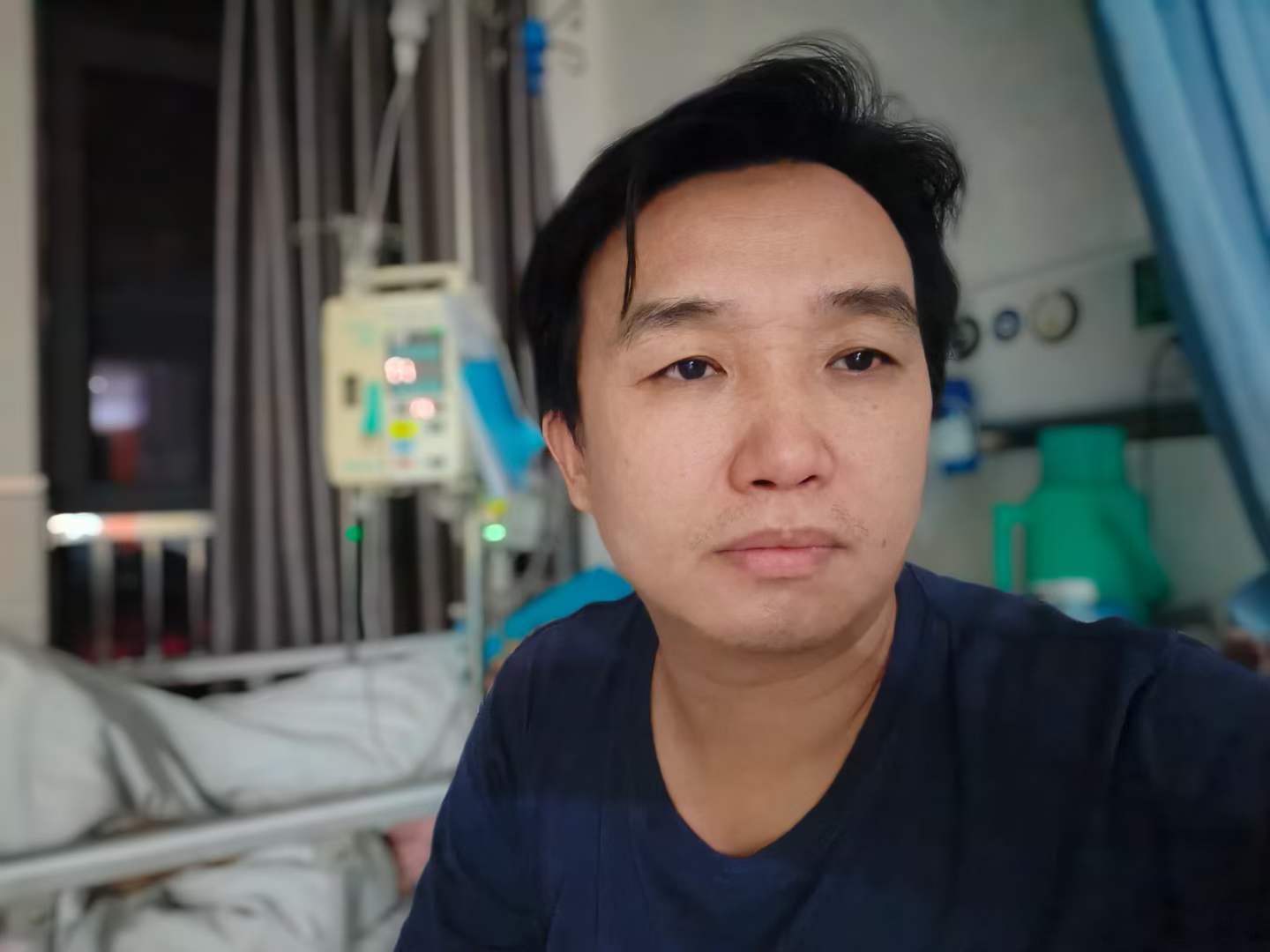
They quietly accompany me,
Just like when I was sick,
She stayed with me until dawn.
When my mother is awake,
I try to talk to her,
but it’s only me talking and she’s listening.
As I speak, she starts crying.
There are so many things I want to say,
Afraid that time might not be enough,
Yet I am overwhelmed
Choked with tears.
July 30th 2023

Li Junlin
Director, Screenwriter, Video artist. Graduated from Beijing Film Academy in 2006. Winner of Best Foreign Language Film at the 49th Houston International Film Festival. Representative works in film include “One Man’s Classroom,” which won the Best New Director Award at the 9th Asian Youth Film Festival, and was a recommended film at the opening ceremony of the Golden Rooster Hundred Flowers Lanzhou Film Festival.
Founder of the large-scale public welfare event “Action 100 – Public Welfare Image Plan.” Image Ambassador for the Hebei “Jinde Public Welfare” Foundation. Named one of the most promising self-media personalities in the 2014 Panda Self-media Alliance.
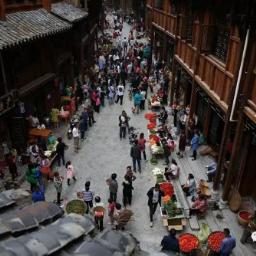
Main Representative Works: Film Director: “One Man’s Classroom,” “Red Chili,” “Chasing the Corpse,” “Burning Point Relationship.” Film Screenwriter: “One Man’s Classroom,” “Burning Point Relationship,” “Touching Time,” “Defending Hengyang,” “Doctor from the South,” “Dangerous Situation,” “Father’s World,” “God’s Will.” Microfilm Works: “Wu Aiguo’s New Year,” “Son,” “Temporary Actor,” “Ring,” “Rebirth.”
關於計劃生育記憶
李軍林
(一)
人到中年,很多事情,忘記了,我也願意忘記。
但有些事情,難以釋懷,那些血跡斑駁的記憶,總在夜深人靜的時候,會從遙遠的地方傳來悠長而悲愴哀鳴……
我深知歲月血色的呢喃,委身於文字的流露定會變得蒼白,我努力把記憶碎片拼成祭壇上的牌位,以祭奠那些還未出生就被死去了的弟兄姊妹,以及一代母親們承受了巨大傷害卻又無力表達的呐喊。
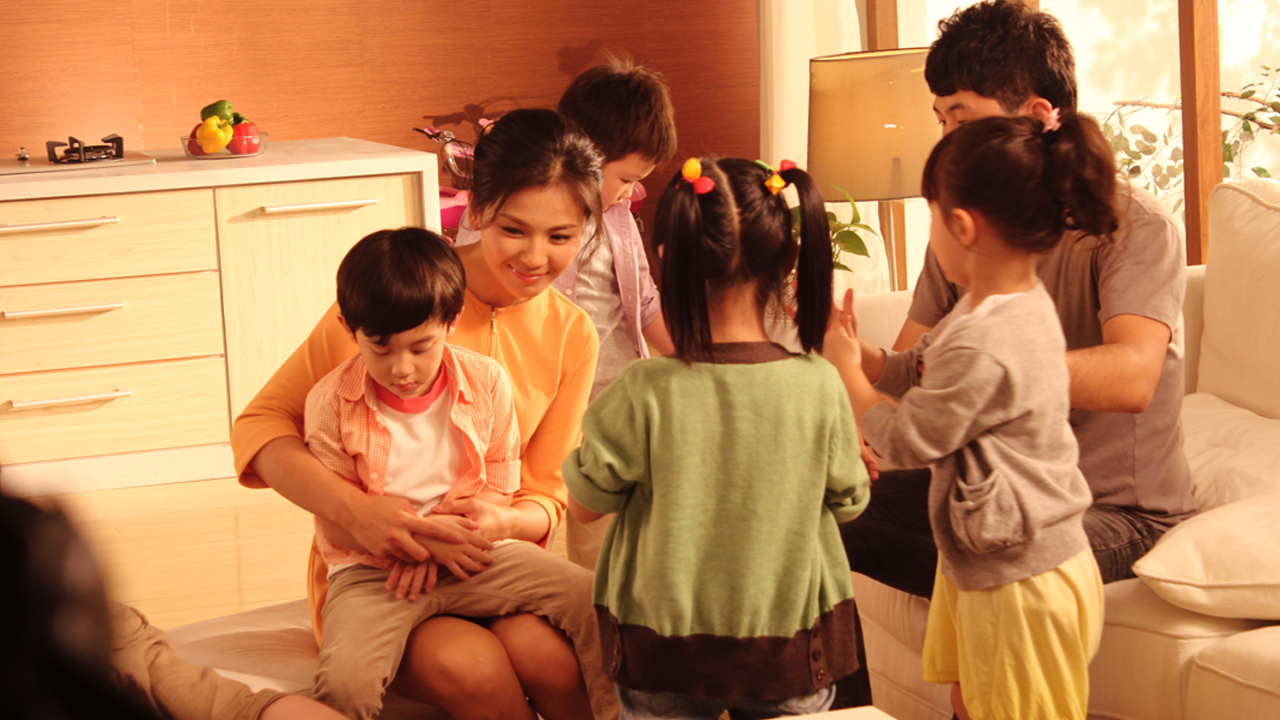
我努力用平和的情緒,來客觀地回憶那些真實的過往。
以前,我們母親一輩的農村婦女,最怕聽到一句話就是“搞計劃生育的來了!”。
“搞計劃生育的來了”
…………

現在讓很多婦女聽起來,都會心有餘悸。
中國人,有生兒子的情結,
經常會生二胎三胎四胎甚至更多……我媽媽就生了四個兒子,我記憶裏面,我們家是搞計劃的重點對象……

上面工作組組隊來農村搞計劃生育,一般都是有區、鄉、村三級,有時候還會有縣計生辦的人帶隊,一般會多達二三十人。那時候,很多農村沒有通公路,走山路和田埂小道,二三十人,也是浩浩蕩蕩,特別對閉塞的山村,具有很大的震懾作用的,到誰家來,誰都會嚇破了膽……
我記憶裏,這二三十人的隊伍裏,有明顯等級,縣區一級,自然起到“監軍”的作用,下面鄉一級幹部可賣力了,因為他們要討好區裏、縣裏幹部,來證明他們搞計劃生育工作努力……
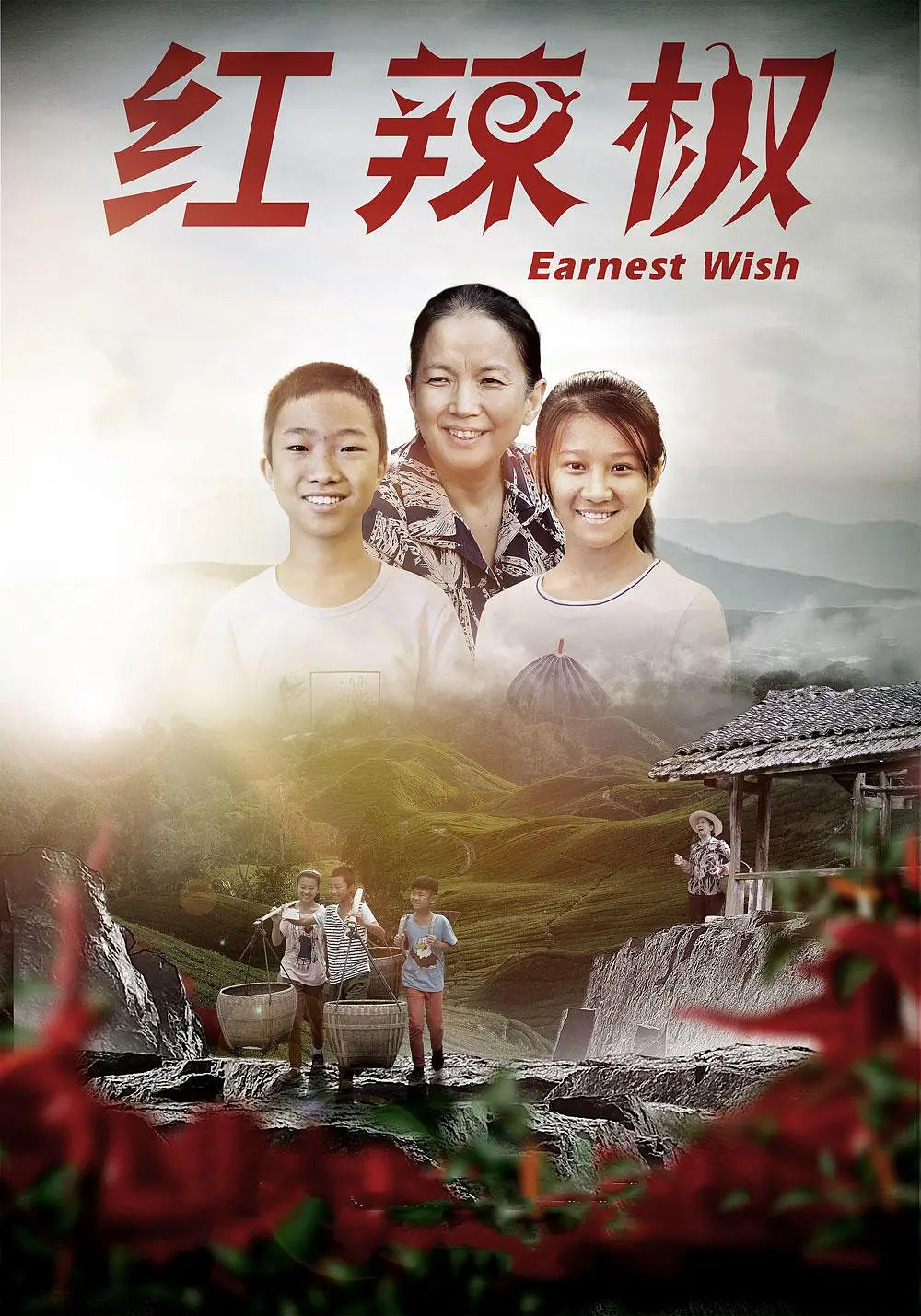
而村裏幹部,自然就比較為難了,他們不能像鄉、區、縣裏幹部一樣,搞完計劃生育,拍拍屁股走人,他祖祖輩輩還要生活在村裏,跟大家抬頭不見低頭見,後面還怎麼跟大家見面。村裏幹部,人情世故,很為難,又要表現很賣力,又要照顧一下村民的感受,盡量表現出他也只是例行公事,他們也沒辦法,甚至村幹部還會提前給村民通風報信……
只是那時候,沒有手機,沒辦法打電話,上面幹部也知道村裏幹部可能會通風報信,他們就會搞突然襲擊,組織二十多個人突然來到村裏,村幹部也無奈,只好笑臉相迎,帶隊進村…
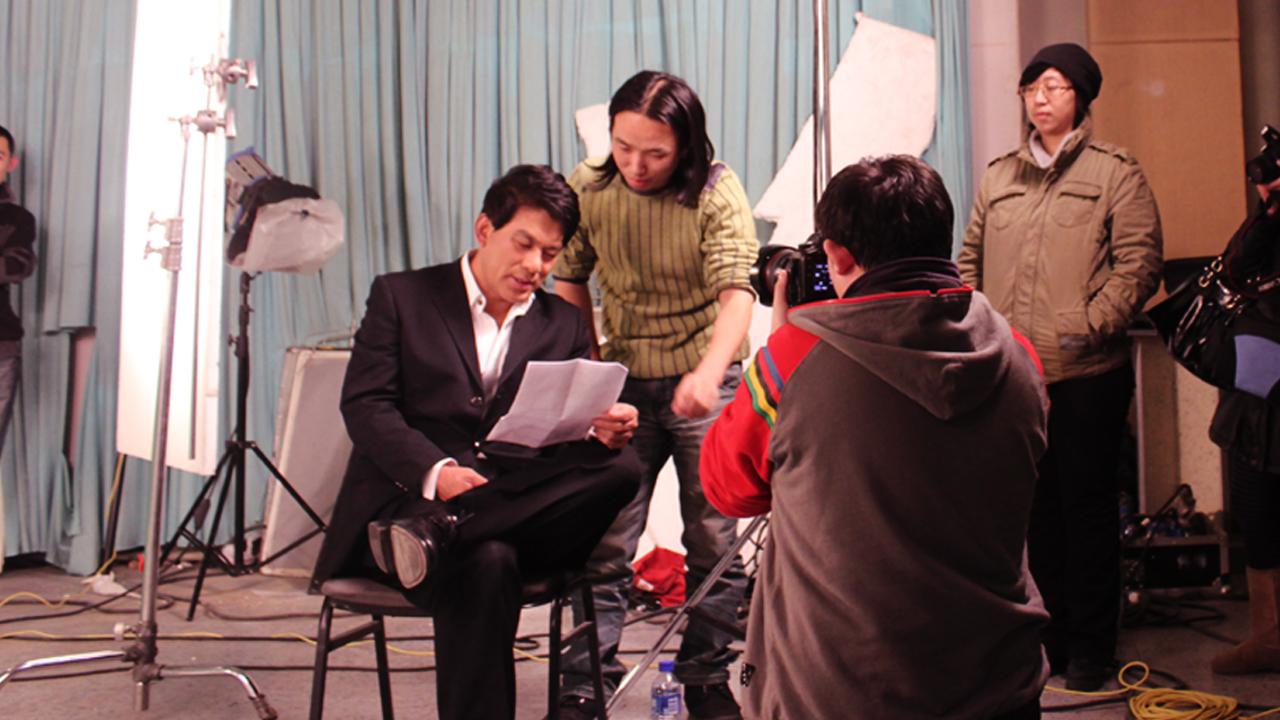
計生隊他們一般還會帶十來個來路不明的精壯猛男,他們負責動手幹活,牽牛、背樹、挑走超生戶倉庫中的穀子,這樣的粗活,得專門有人幹,更有過分的是,把人家房屋的瓦掀掉,把梁木門窗拆走,或者負責把大肚孕婦動手拉走去打掉。當然,這十來個精壯男人還負責用來對付超生戶人家男主人,防止超生戶家的男人們對幹部們動手犯上……
所以,搞計劃生育,最精髓的就是這個“搞”字,怎麼“搞”,誰來“搞”,“搞”誰,“搞”到什麼程度,“搞”多久,“搞”完之後還怎麼搞,這都是計生幹部一生的修行。
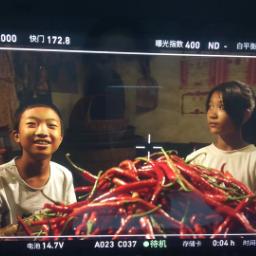
我印象中,還記得搞計劃生育的幹部們的打扮,大多穿著白色的確涼或更高級的絲織白汗衫,穿著半透明的絲襪套深色的涼鞋,戴著淡黃色的草帽,草帽上一根被汗漬滲成發黑的帶子…… 男幹部的涼鞋套絲襪,感覺像那個時代統一的官服……
他們一般一行二三十人,經過沿途的村子,會引來一些田裏的幹活農民們哀歎:這看哪個人家又要倒黴了……
我爺爺是放羊的,我就跟著成了小羊倌,有時候,在山上,老遠就看見一隊白衣人在羊腸小道上走來。
我爺爺會說: 軍林,你快點回去給XX報信,搞計劃生育的人來了。
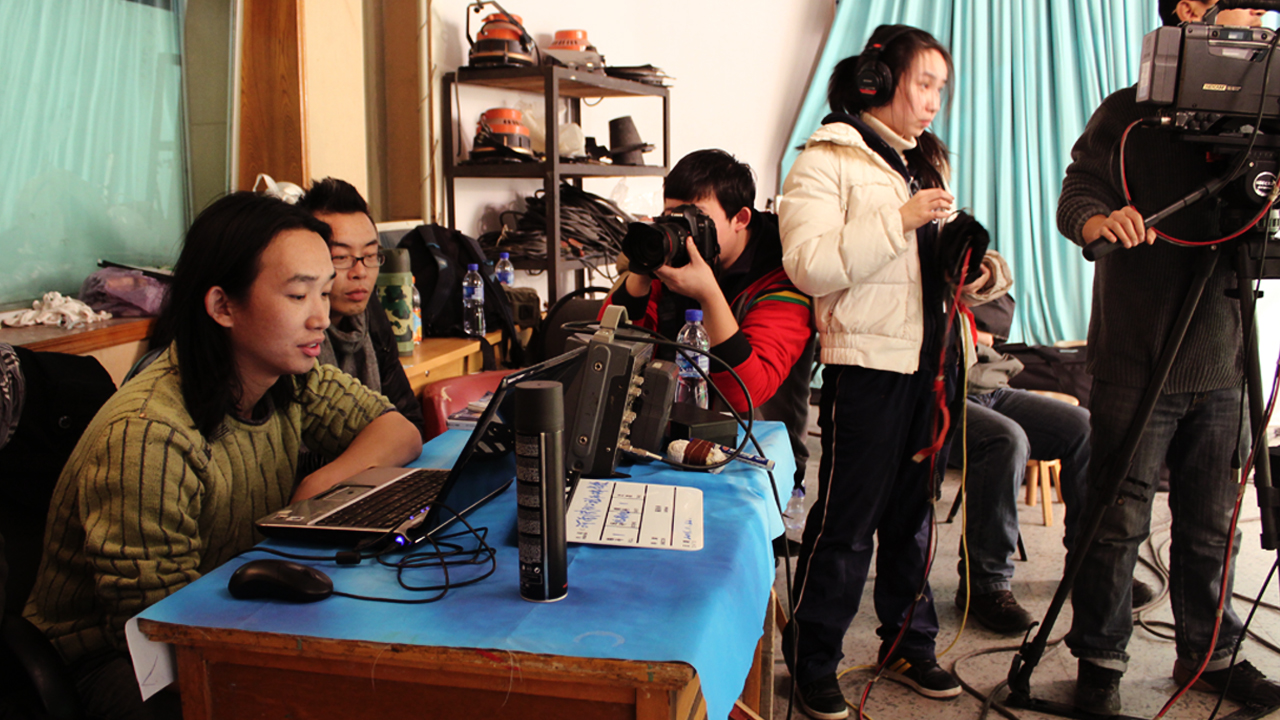
我那時候,一個農村小子,夏天都不穿上衣,就穿個褲兜,撒丫子從山路上,灌木裏一路跑,速度絕對趕得上王二小、嘎子們。
回去村裏給的大嬸大嫂們說,搞計劃生育的來了,搞計劃生育的來了!村裏懷孕的大嫂大嬸們,聽到我的報信後,丟下手裏的農活,就往山上樹林裏、灌木裏鑽,躲起來。有時候,懷第一胎的也會躲起來,這樣可以瞞著生二胎、三胎……
等浩浩蕩蕩的計生隊來到村子時,看不到年輕婦女,全是奶奶輩的,超生的家庭男主人也會躲起來,不想面對他們的罰款和質問……
我這個“王二小”,經過小道和灌木裏狂奔,不穿上衣,身上已經被荊棘樹枝劃爛得血肉模糊,但是看著這些幹部們撲了空,滿生歡喜……
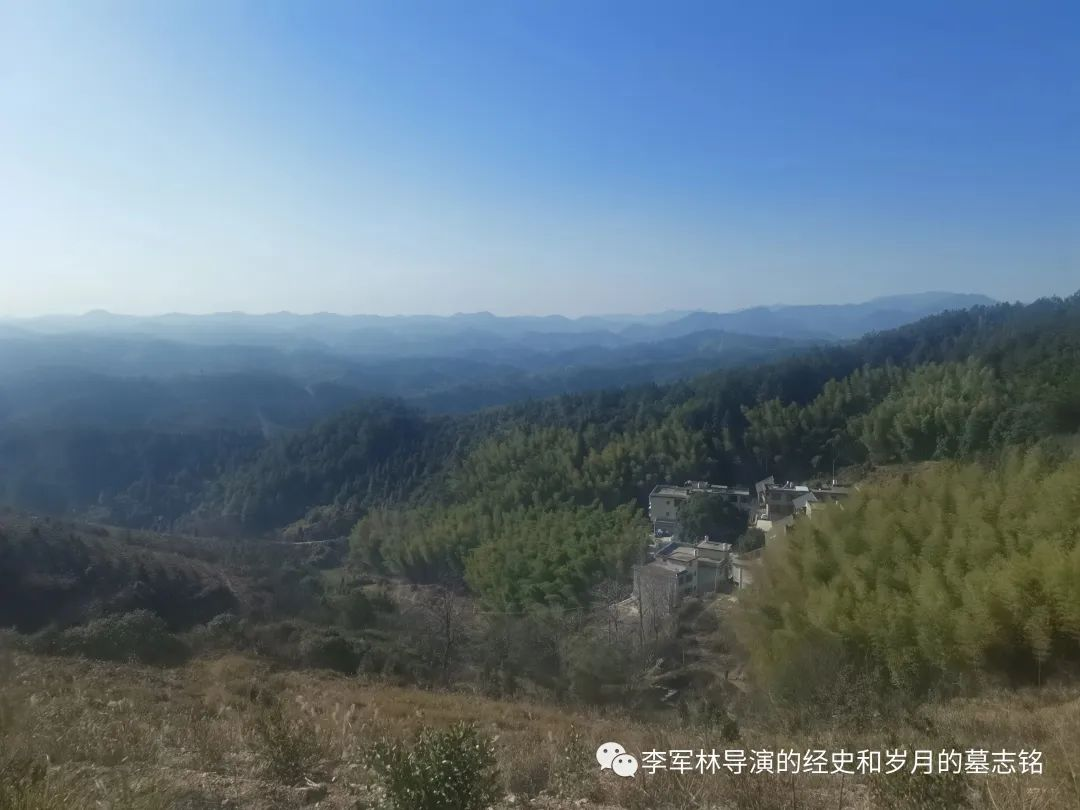
(我老家的山路,我小時候就在這裏放羊)
撲了空的計劃生育幹部們,自然惱羞成怒,畢竟這麼多人來,不能空手回去,他們會踹開超生戶家的門,一般超生的家裏也不會辦置什麼值錢的東西,家裏耕牛、倉庫裏的穀子、梁上的瓦、門窗(瓦和門窗不值錢,破壞這些,主要是發威給超生戶顏色看看)。在這幫人拿著東西走了,後面自然是老百姓一片罵聲,說的很難聽,當然,被罵的最慘的自然是這個計生隊裏面級別最低的村幹部了,村幹部大家都認識,家在哪裏、幾口人、祖上是幹什麼的,大家都知道,村幹部日後還要有臉面對這些超生的家庭……
村民經常詛咒搞計生的村幹部,他們家裏只要出什麼事,都會罵村幹部當年是“搞計劃生育搞得太狠了”,報應到子孫了,當然很多村幹部還是過得不錯的,報應這種事,只是貧苦老百姓的願景。
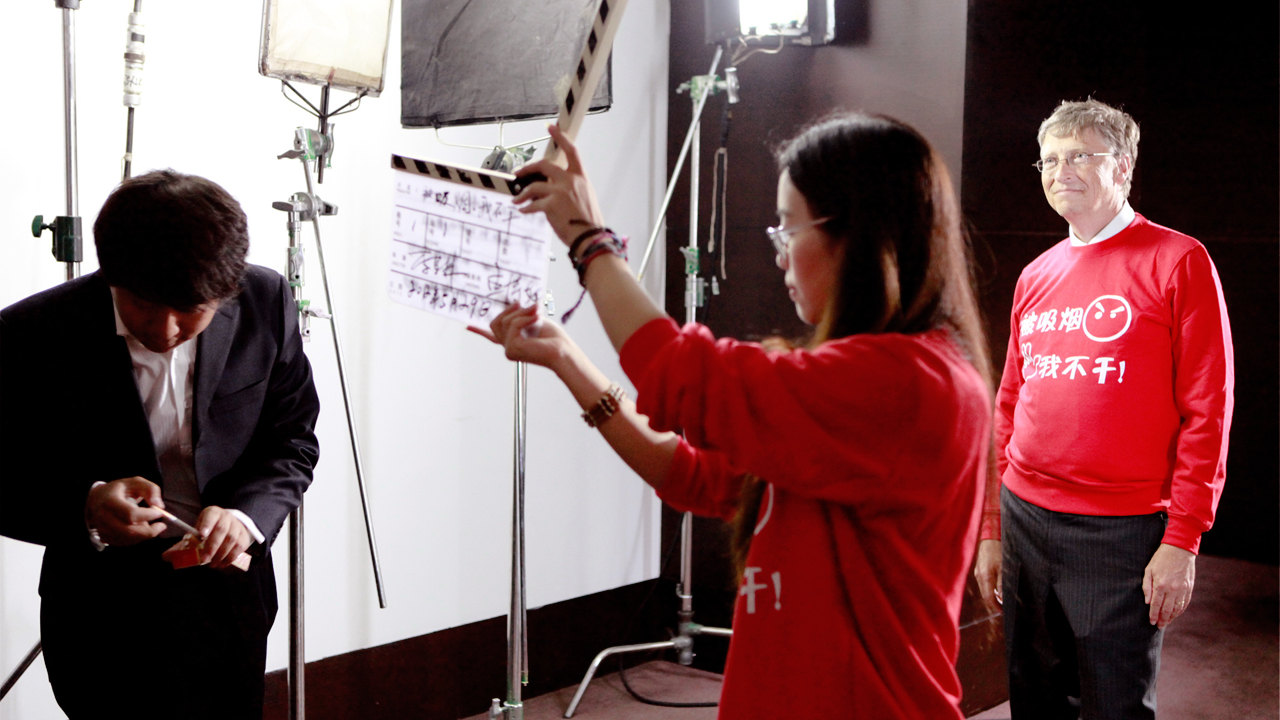
很多年過去了,我還記得那些幹部的樣子,就像當年荊棘劃過我上身滲出的血水,我依然聞到血水的腥味……
在我遠走他鄉之後,輪到我生孩子了,突然,突然,突然滿大街宣傳,我們孩子不夠了,你們得趕緊生……
(二)
“千萬別跟別人說你有三個弟弟”,我小的時候,奶奶經常這樣囑咐我。
我出生在1979年,那時候,我父母特別單純,在優生優育的宣傳下,他們居然還為我領了《獨生子女證》,在長期受到多子多福熏陶和剛剛經曆過“人多力量大”的洗禮,領《獨生子女證》是十分難得的“覺悟”,政府還因為這個《獨生子女證》獎勵了我家5元錢。

很快我父母在我爺爺奶奶的攻勢下反悔了,別人家一下都生了好幾個,你們怎麼還只能生一個呢?加上我小時候很多病,經常被連夜背到當地赤腳醫生那打吊針。我家人怕我會夭折,趕緊生一個,在我3歲的時候,我媽媽生了我大弟弟。
有兩個兒子,自然是一件特別歡喜的事情,那是1981年,我大弟弟被罰款200元。
搞計劃生育的,自然聞風而來,幹部,依然是穿著白襯衫、絲襪套涼鞋,上門收罰款,如果主動交現金,可打八折優惠,我大弟弟就罰款實交160元,在1981年的農村來說,也是一筆不少的數字,豬肉價格1元一斤,160斤豬肉換了個弟弟,一家人雖然罵歸罵,還是覺得,超值!
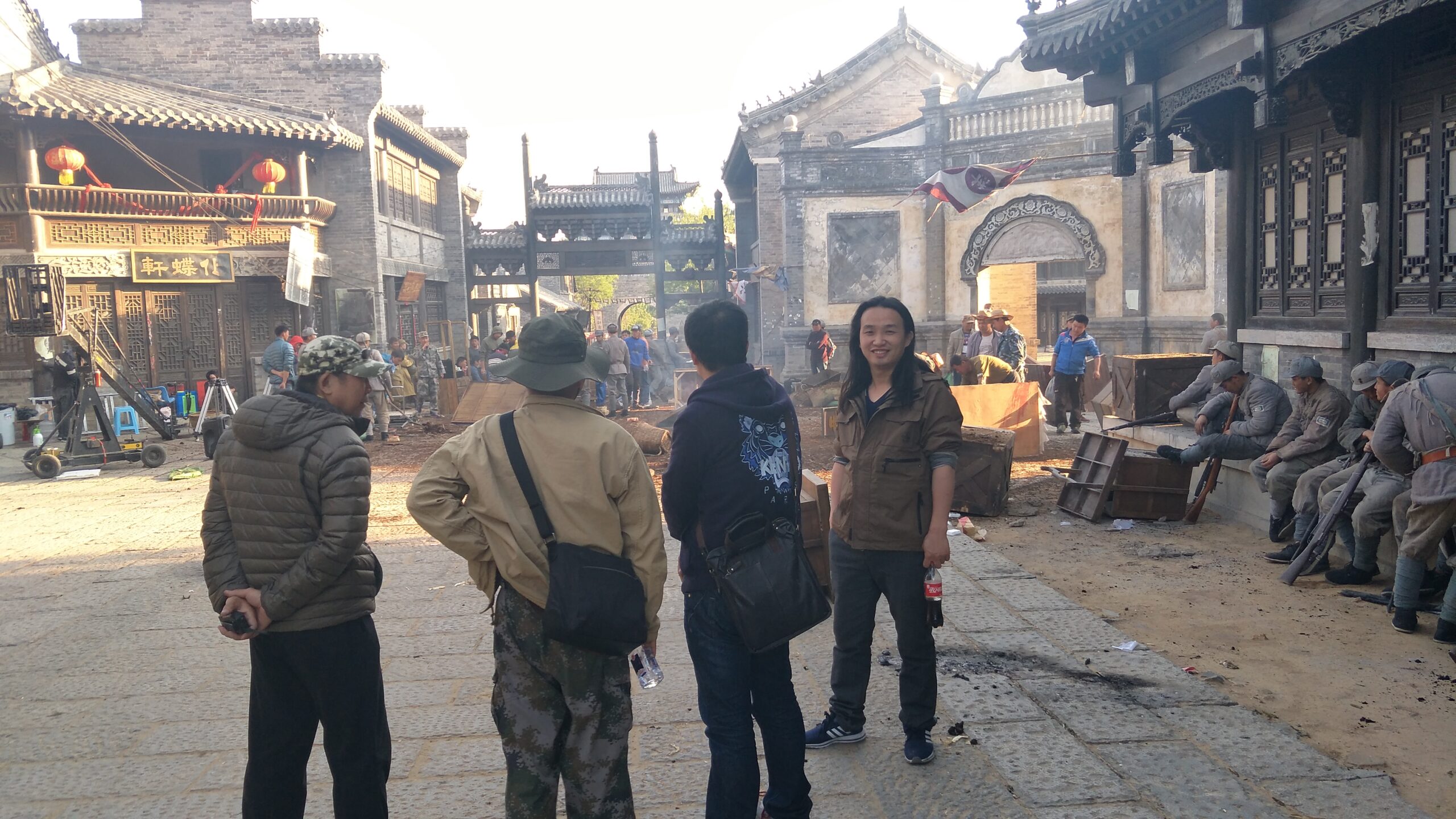
我那時候就知道,我大弟弟是超生的,罰過款的、不受國家歡迎的弟弟,我奶奶可喜歡了,傍晚洗澡的活,都是奶奶包了,她老人家看著我倆光屁股在滿院子裏跑,孫子們迎風摔動的小雞雞象征了幾代人的榮耀和可以期待的未來,寶貝孫子,萬金不換。
沒多久,我奶奶又鼓搗我媽媽再生一個,“多一個孩子,就算多一雙筷子”,“你生了,我幫你帶”,老人的眼裏,孫子是越看越歡喜。
媽覺得有兩個孫子了,再生個女兒也不錯,目測有點懷孕跡象時,這個家就不能待了,很快會被人告密,到時候浩浩蕩蕩搞計劃生育的就會來打門。
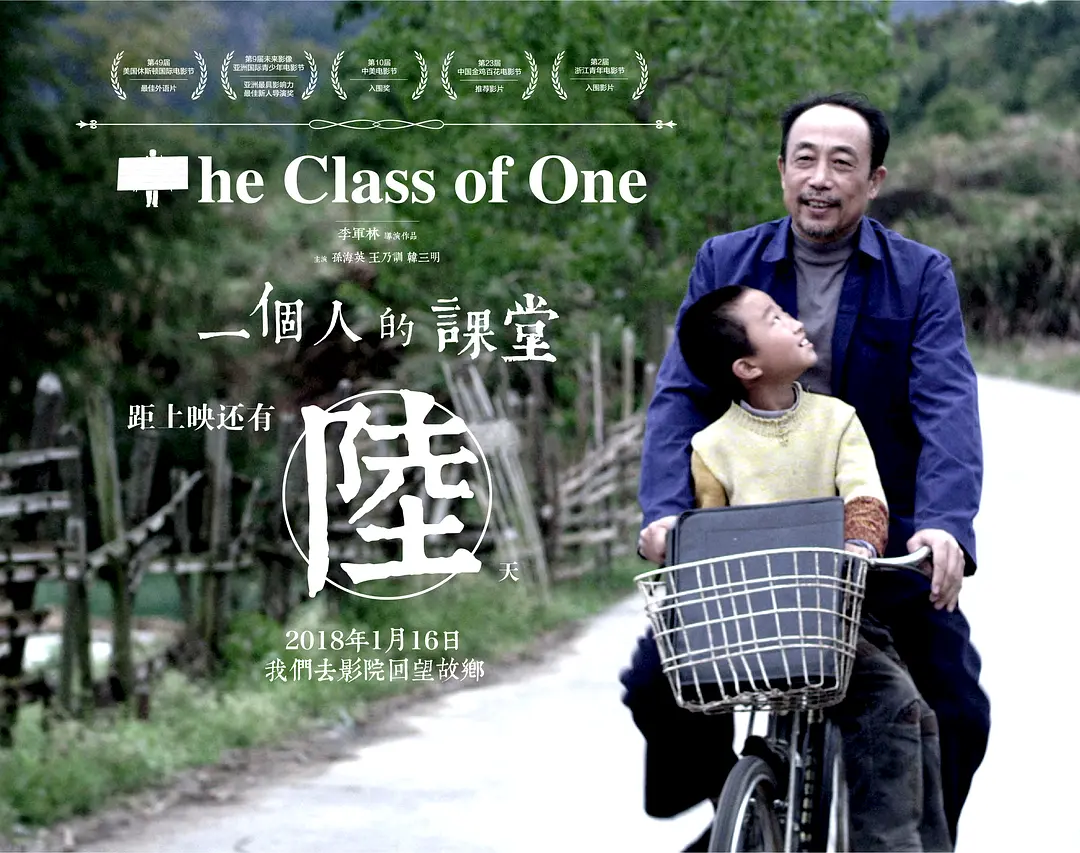
我媽媽地方躲,也就只能回娘家了,我外婆家在隔壁縣,離我家50裏地,沒有通公路,50裏地已經屬於遠方了。
奶奶卻告訴我們兄弟兩人,說媽媽外出廣東打工去了,我還一直在盼望媽媽什麼時候能回家,?他們也懷疑我媽媽是“躲計劃生育”去了,會問我和弟弟,你媽媽去哪裏了
我們傻乎乎地說我媽媽打工去了,我媽在我外婆家也只能躲著不出門,被人看到,會拉去強行打胎。
過了很久,我爸爸帶我們去外婆家,我發現媽媽居然在外婆家,我還一直以為媽媽打工去了,
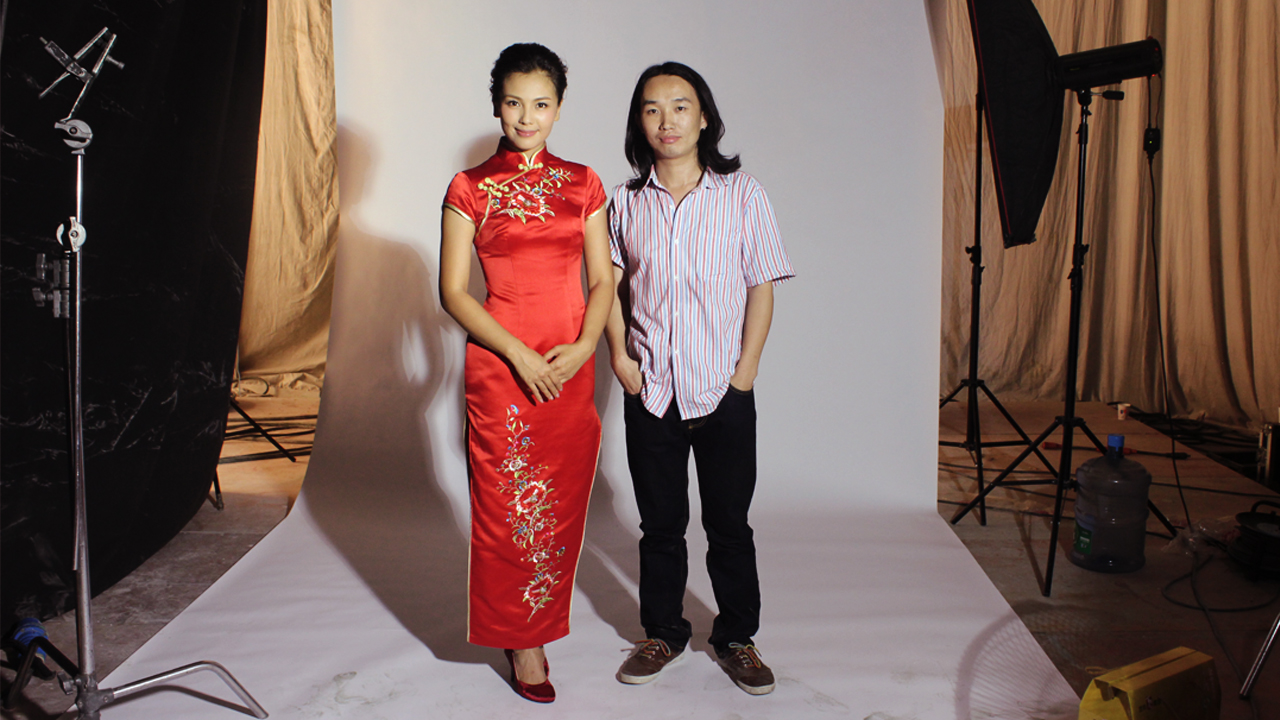
很快我媽媽生了我第二個弟弟,又是一個男孩,把我外公外婆樂壞了。我現在依然還記得我弟弟出生時的情景,那是我和阿姨們去隔壁村看完電影回來,我
媽媽一夜都在肚子疼,於是趕快燒水准備接生。我媽媽生我第二個弟弟有點難產,我外公還用火銃在門口朝天開了幾火銃來驅邪。
我媽是我外公的大女兒,大女兒生了三個男外孫,那可高興了,很快我和爸爸回家給爺爺奶奶去報喜。
我奶奶聽到又是一個孫子,樂開了花,囑咐我:“千萬別在外面說你媽媽又生了一個弟弟,要不搞計劃生育的會來抄家”。
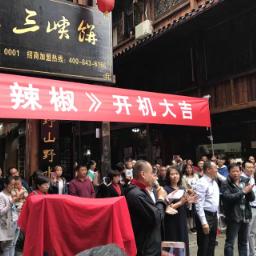
抄家的巨大震懾,讓我守口如瓶,絕不能走漏風聲,那種對人不信任的恐懼,伴隨了我童年很久。過了快一年,我媽媽才敢帶我小弟弟回家。
回到家中,很快搞計劃生育聞風找上門來,孩子已經生了,他們也沒辦法了,氣歸氣,也就只能罰款能解他們的氣了,他們要罰400元,比我大弟弟罰款翻了倍,我依然還記得當時得場面,照舊是二十多個人,不交錢,就搬東西,一翻僵持,他們就動手要把大板桶和穀子、豬圈的黑豬都弄走。經過一番討價還價和保證,打了8折,罰款320元。當時320元,就是農村兩頭豬的錢,這點罰款在當時也是非常多了,我記得外面家湊了好久才湊齊。
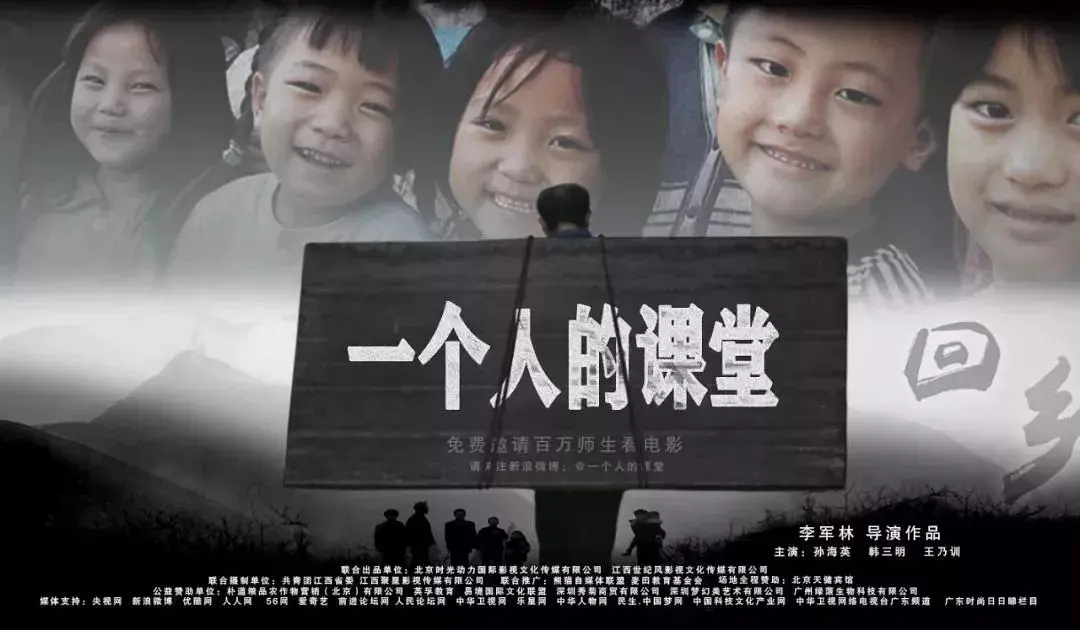
家裏得了三個男孩的喜悅,很快就忘了這茬罰款的傷痛了。
很快我媽媽又生了第四個男孩,搞計劃生育的更加窮追猛打了,如臨大敵,我們家實在沒辦法,只好把最小的弟弟給別人養了,骨肉分離。
這些令人心驚肉跳的往事,也許只有猶太人才能理解“搞計劃生育的來了”這句話的恐懼。
很多年以後的今天,我們四兄弟在一起,看著他們,我經常說:瞧你們這仨,實在是不受這個國家歡迎!幸虧老媽東躲西藏的堅持。
李軍林
導演,編劇、影像藝術家。2006年畢業於北京電影學院。第四十九屆美國休斯頓國際電影節最佳外語片獲得者。電影代表作品《一個人的課堂》获第九屆亞洲青少年電影節最佳新人導演獎以及金雞百花蘭州電影開幕式推薦影片。大型公益活動:“行動100-公益影像計劃”發起人;河北“進德公益”基金會形象大使;2014年熊貓自媒體聯盟最具潛力的自媒體人。主要代表作品:電影導演作品:《一個人的課堂》 《紅辣椒》、《喜神之趕屍風雲》、《燃點關系》。編劇電影作品: 《一個人的課堂》 、《燃點關系》、《心動的時光》、《衡陽保衛戰》、《來自南方的醫生》、《危險局勢》、《父親的江湖》、《上帝的旨意》。微電影作品:《吳愛國的新年》、《兒子》、《臨時演員》、《戒指》、《重生》等,
